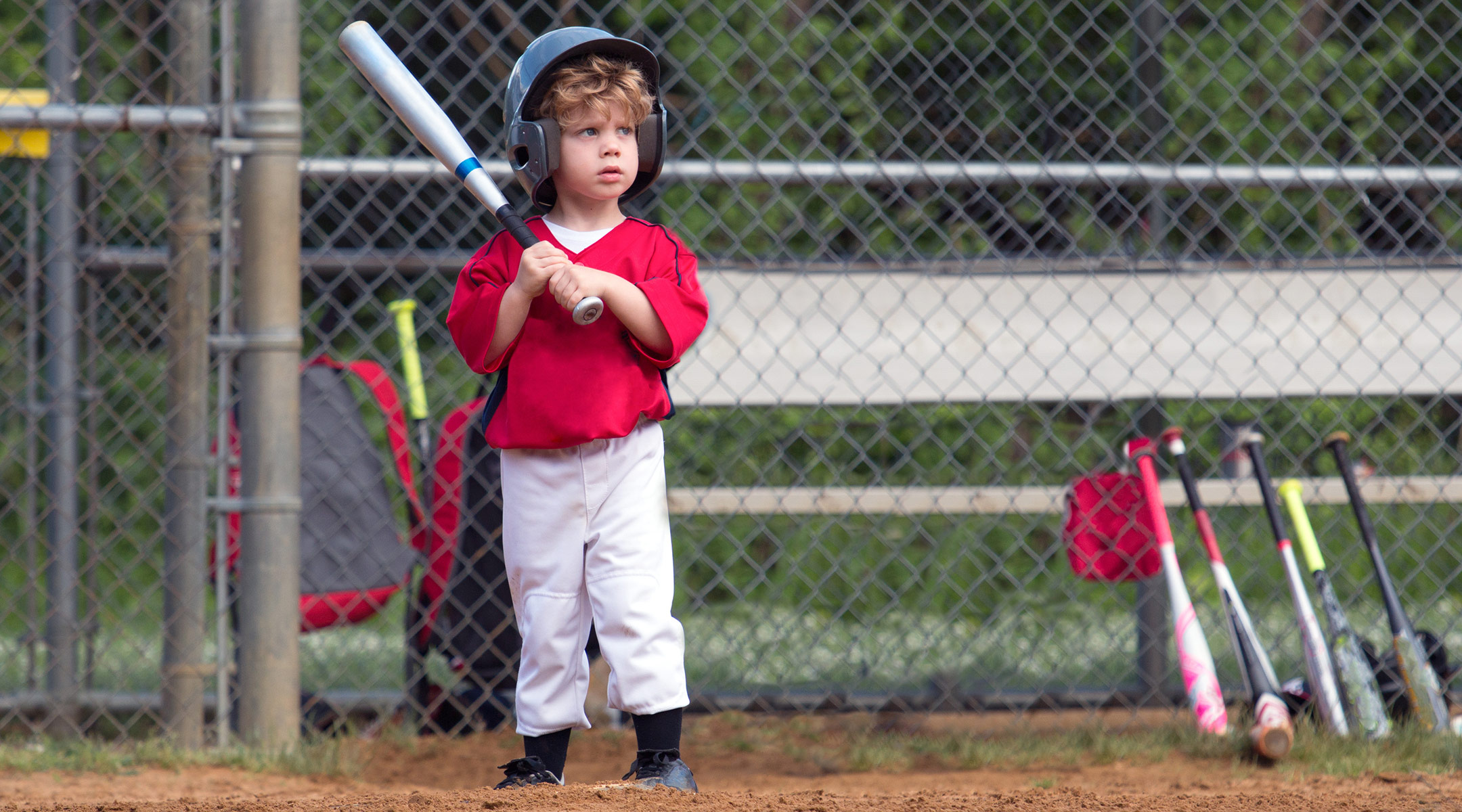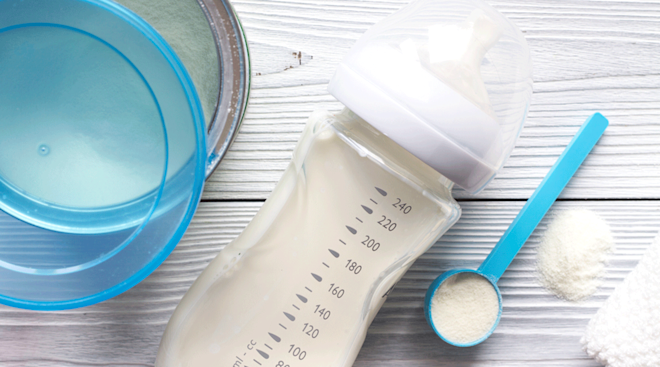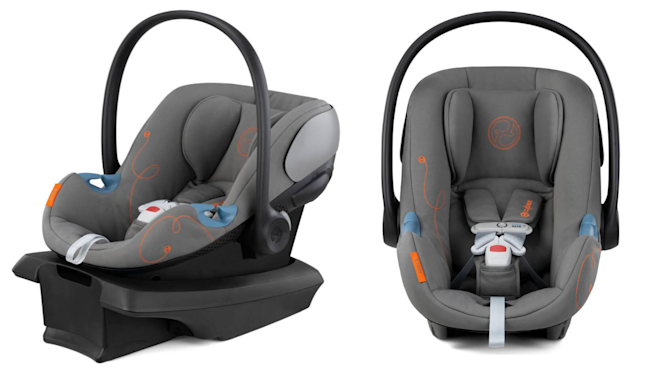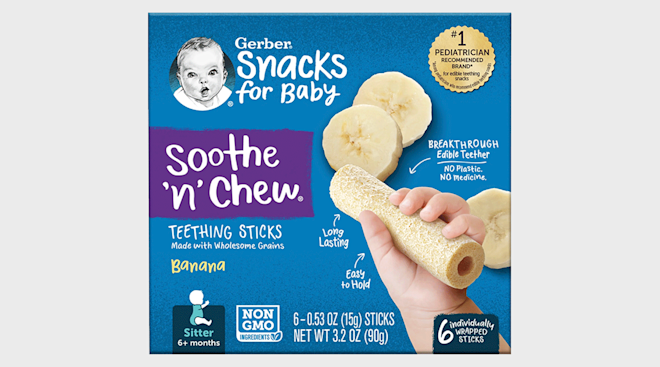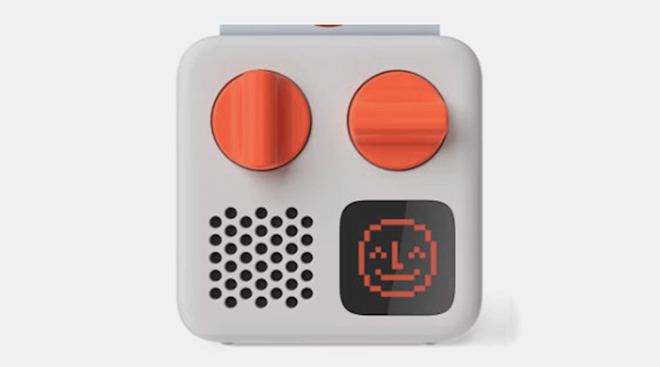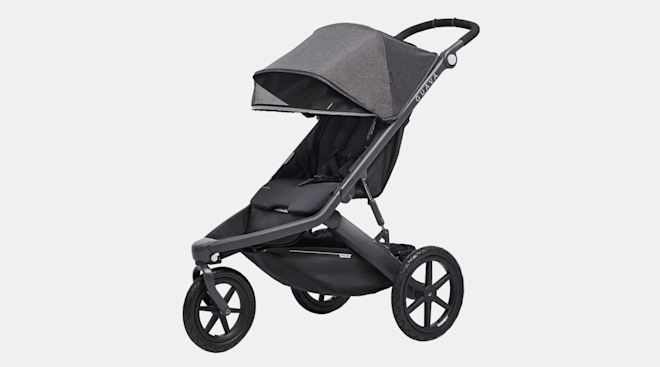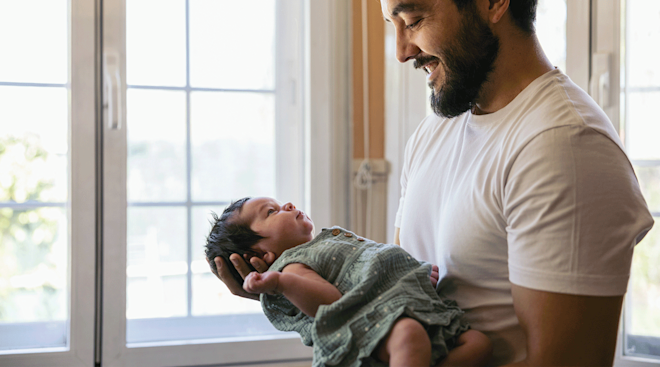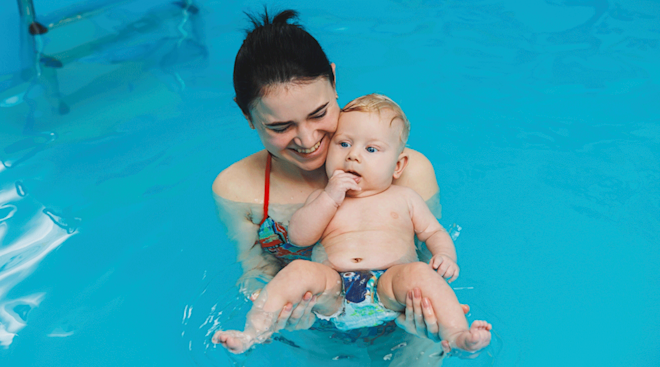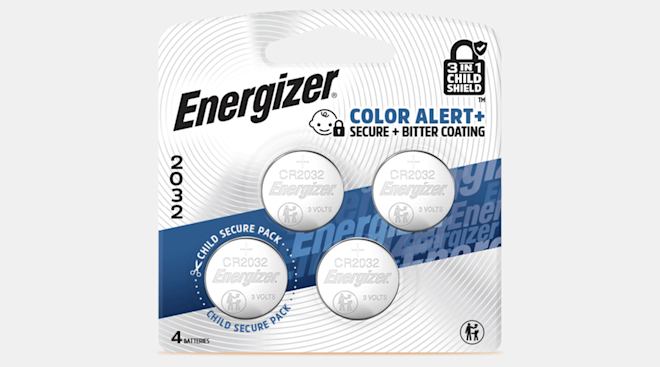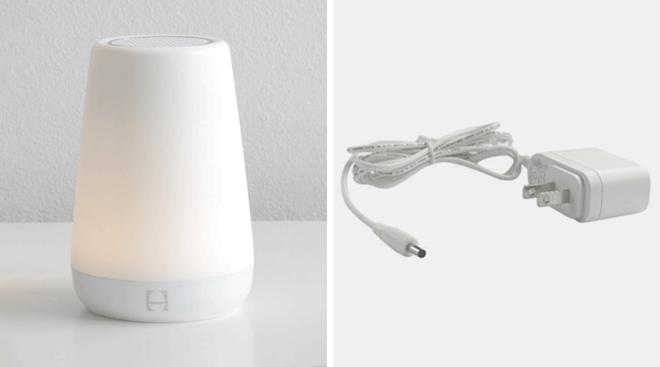This Brain Injury Is on the Rise and It Affects Young Kids the Most
Researchers at Toronto Rehabilitation Institute—University Health Network have gathered data for Canada’s largest-scale study ever on concussions. Their findings were published in the Journal of Head Trauma Rehabilitation and show 150,000 people in Ontario, about 1.2 percent of the population, are diagnosed with a concussion every year. The number is nearly double the previous record, and children 5 years old and younger are affected the most.
Their findings are summarized in this video, and cover concussion rates in Ontario between 2008 and 2016. Not only do children experience a higher rate of concussions than younger adults, but 26 percent of all concussions are also diagnosed in the summer.
It makes sense. There are a ton of unexpected dangers that arise during the summer months. Trampolines in general aren’t very safe for young children, and while the AAP warns about sprains, strains and contusions as common injuries from jumping on trampolines, it’s possible for a kid to end up with a concussion or other head injury too. Sports and playtime activities may also lead to concussion. Make sure kids are wearing proper gear, such as helmets, whenever taking part in an activity that warrants extra protection.
While concussions are far from uncommon, they’ve been gaining more attention thanks to news reports on athletes who have suffered from the condition. The coverage puts a necessary spotlight on the issue, and urges parents to take head injuries seriously and seek medical attention whenever a family finds themselves in this situation. Identifying post-concussion symptoms play an important role in preventing long-term complications. Below are common symptoms to look for, according to HealthyChildren.org:
- Headache
- Nausea or vomiting
- Dizziness or balance problems
- Double or blurry vision
- Sensitivity to light
- Sensitivity to noise
- Feeling dazed or stunned
- Feeling mentally “foggy”
- Trouble concentrating
- Trouble remembering
- Confused or forgetful about recent events
- Slow to answer questions
- Changes in mood
- Drowsiness
- Sleeping more or less than usual
- Trouble falling asleep
The good news is, children who’ve suffered mild traumatic brain injury (mTBI) normally start to gradually return to physical and cognitive activity after a few days of medical attention and rest, the CDC says.
Please note: The Bump and the materials and information it contains are not intended to, and do not constitute, medical or other health advice or diagnosis and should not be used as such. You should always consult with a qualified physician or health professional about your specific circumstances.
Navigate forward to interact with the calendar and select a date. Press the question mark key to get the keyboard shortcuts for changing dates.
































